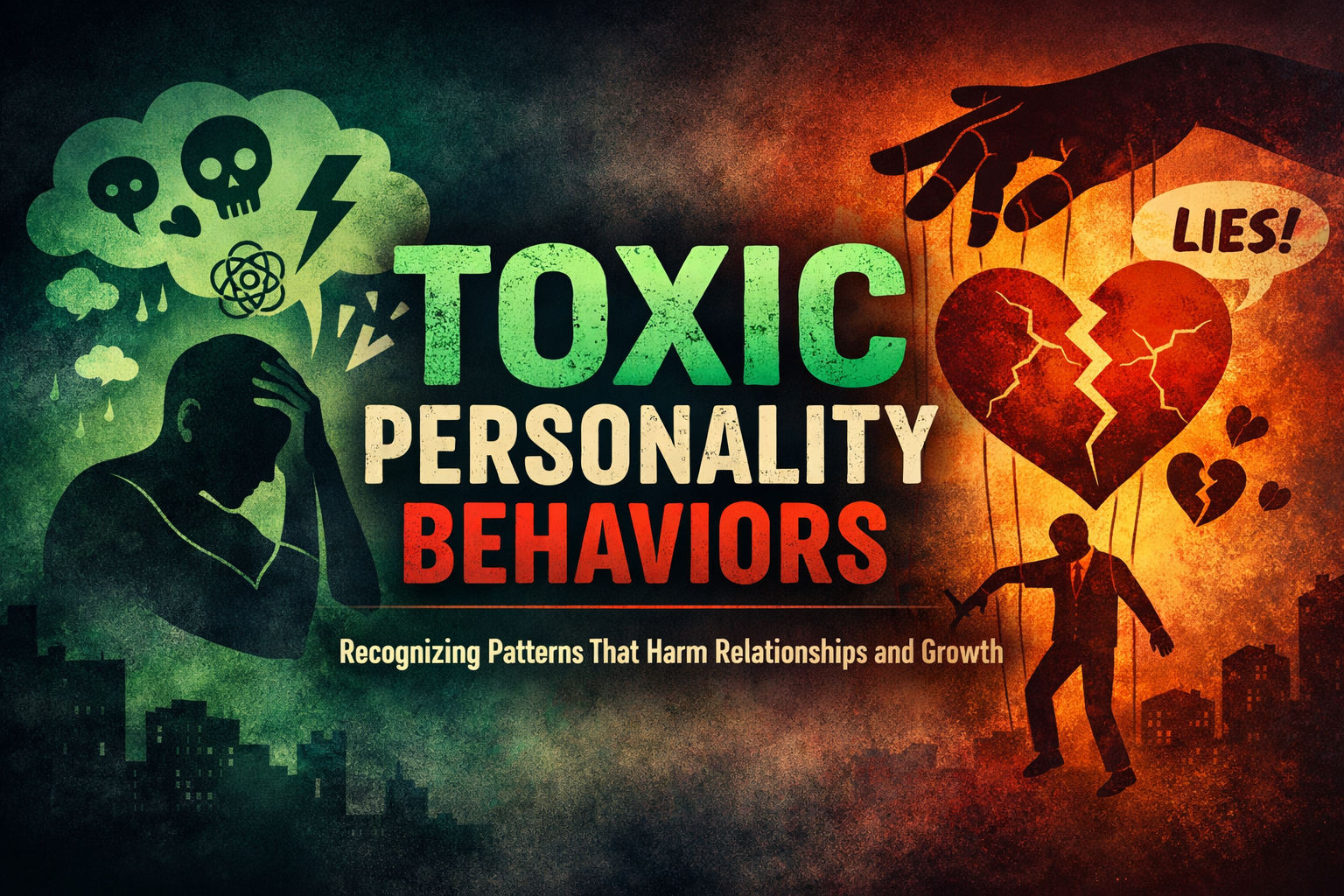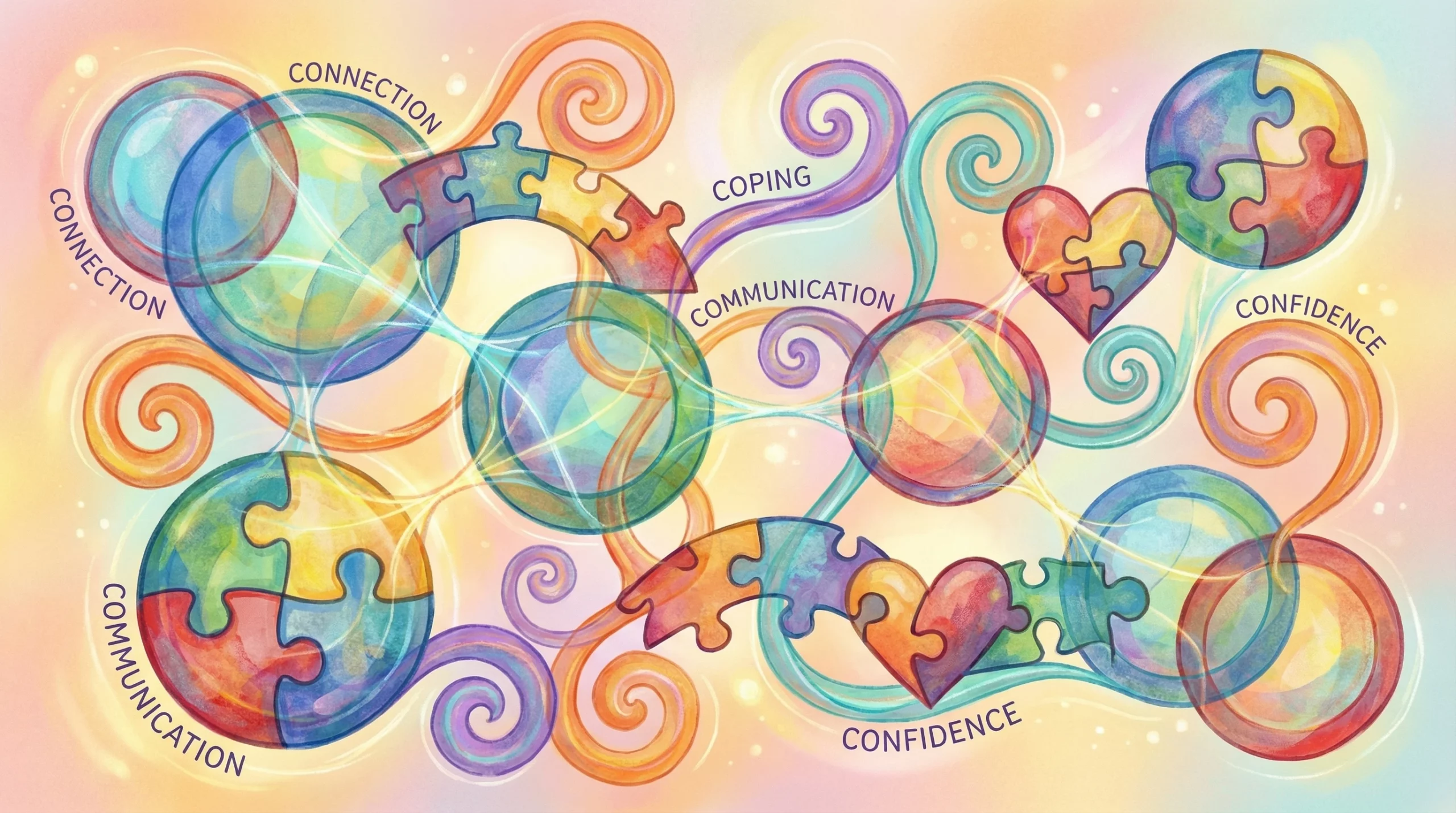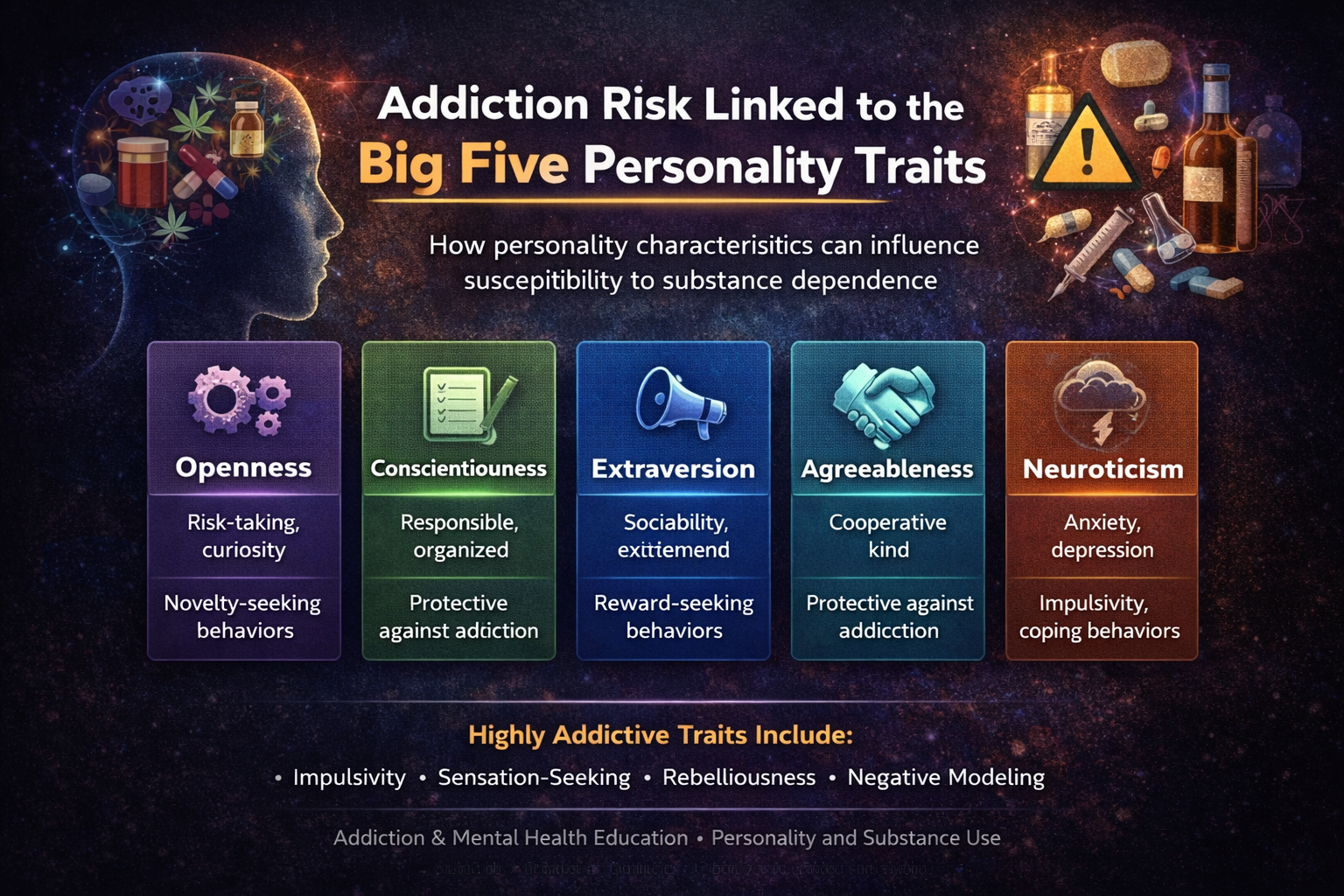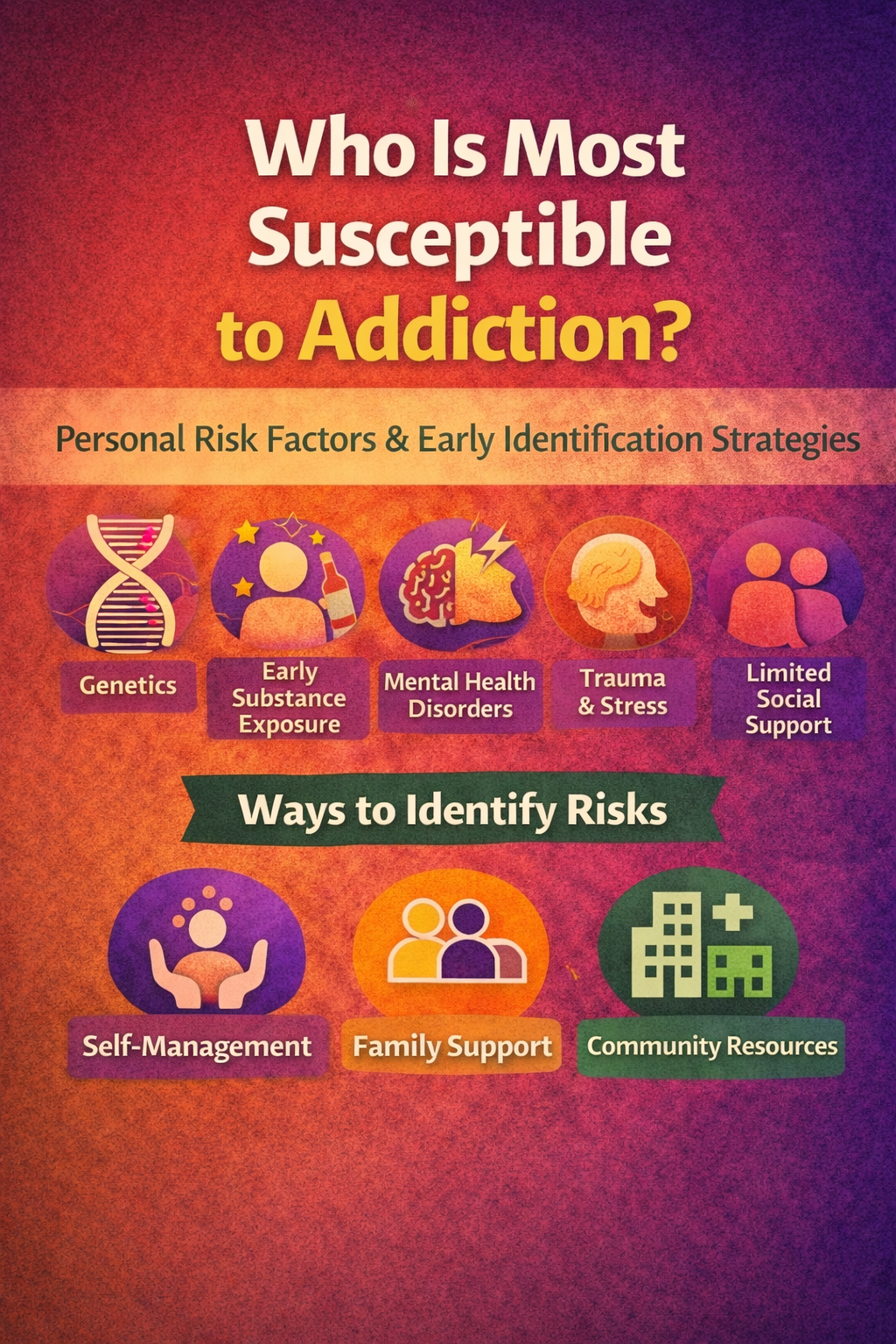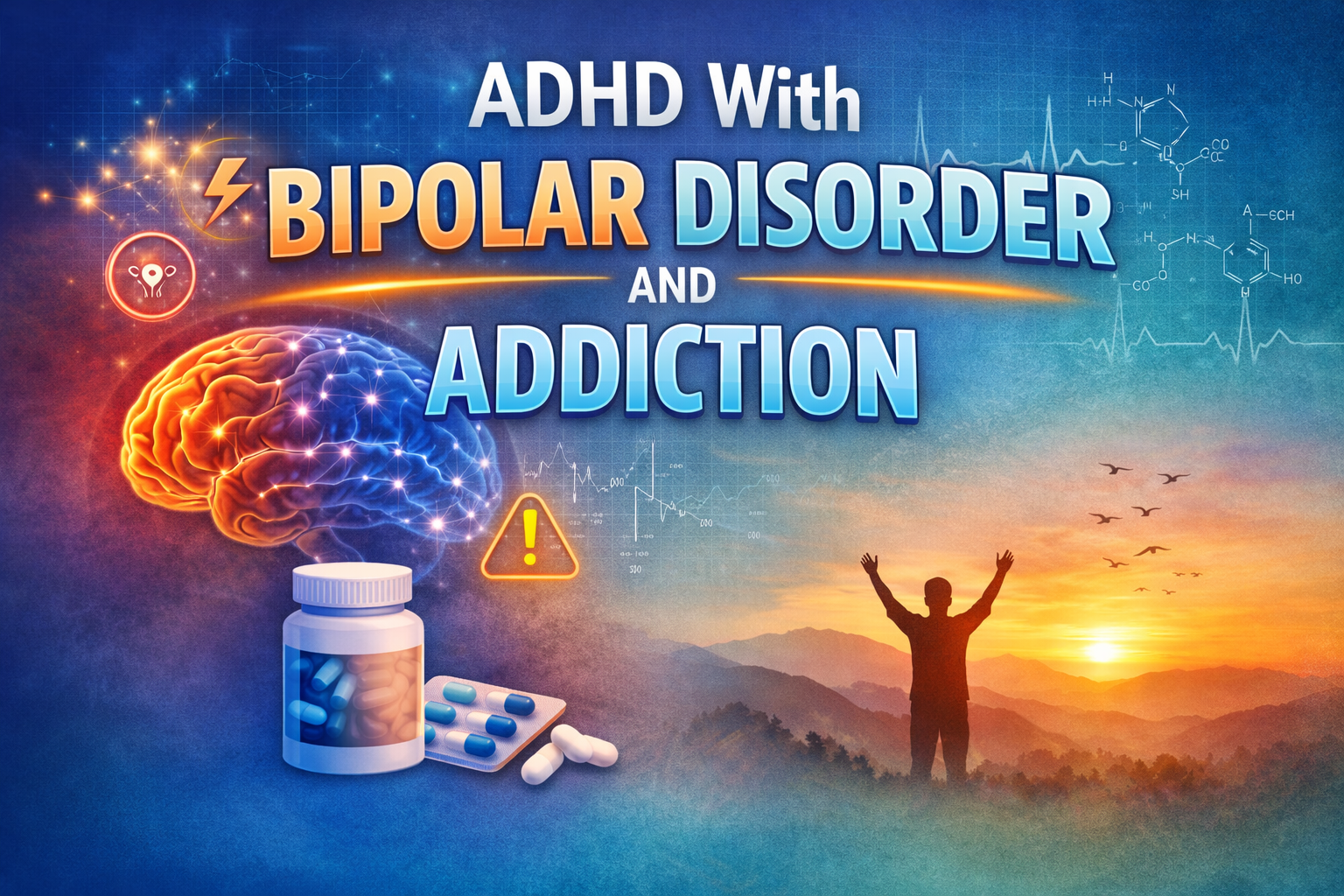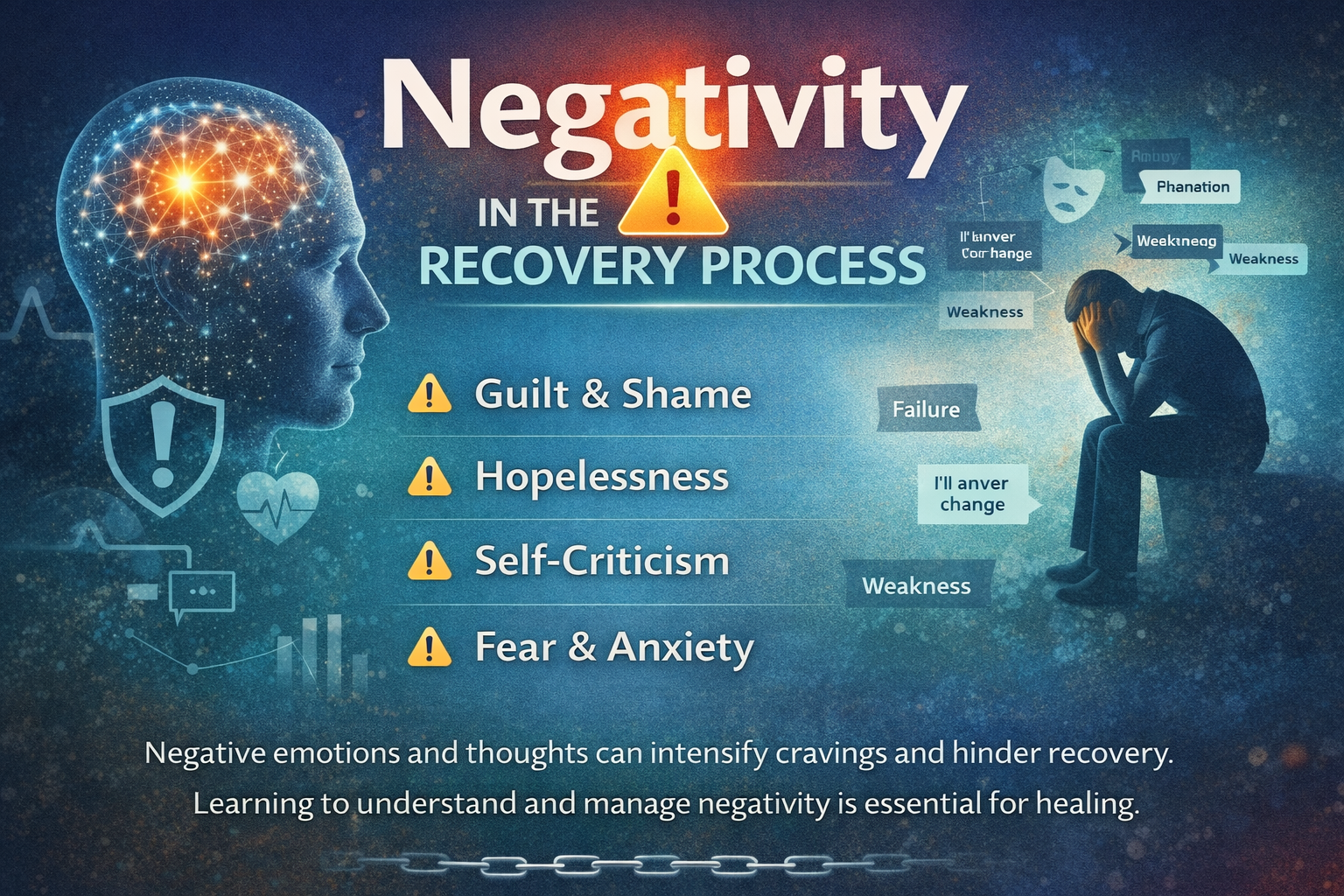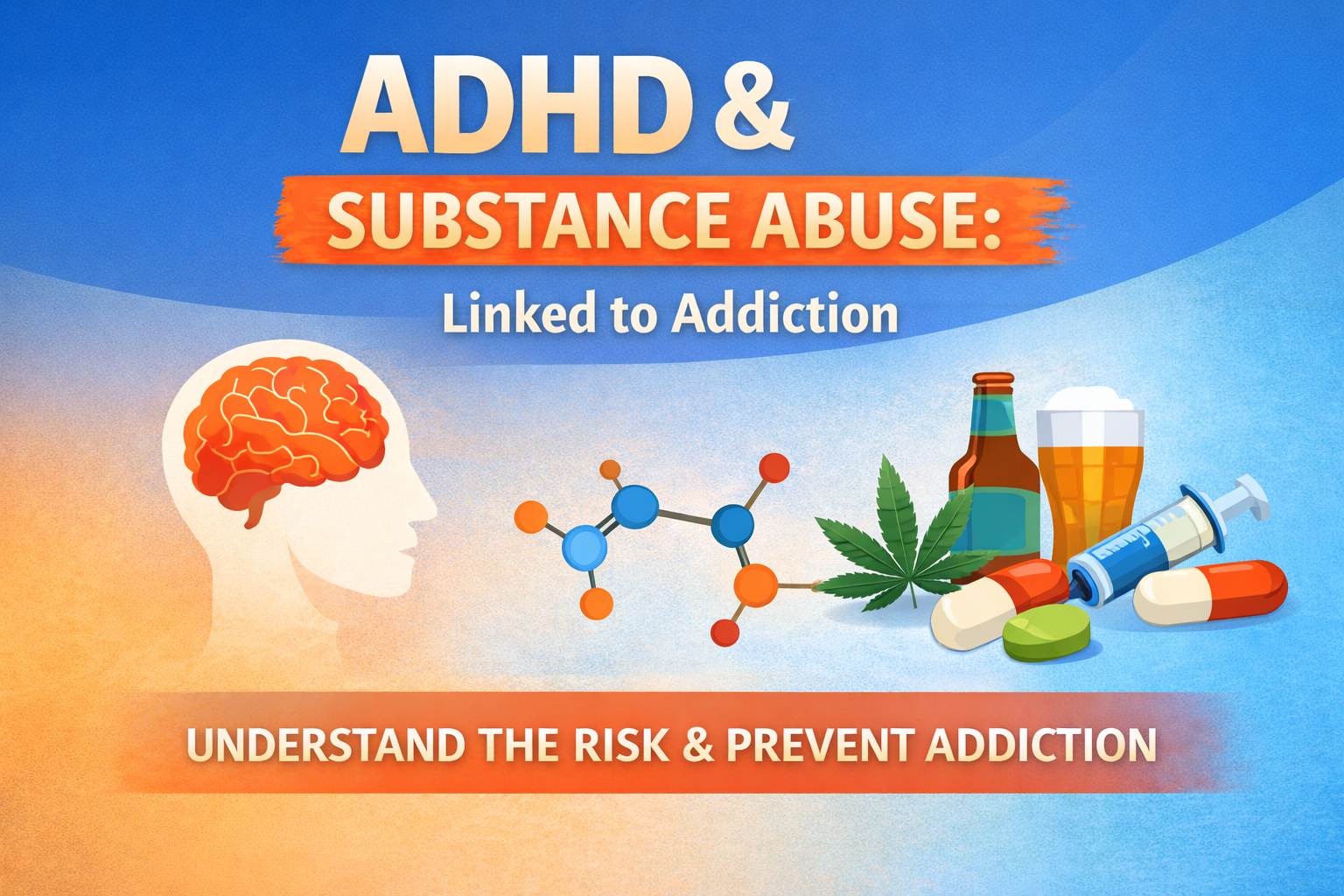Addiction and the Toxic Behaviors
Toxic personality behaviors—such as manipulation, chronic blame-shifting, emotional volatility, boundary violations, and persistent negativity—can disrupt individuals, families, workplaces, and entire community systems. While occasional unhealthy reactions are part of human stress responses, toxicity becomes harmful when these patterns are rigid, repetitive, and resistant to feedback. Managing toxic behaviors requires a layered approach. Self-management strategies help … Read more
